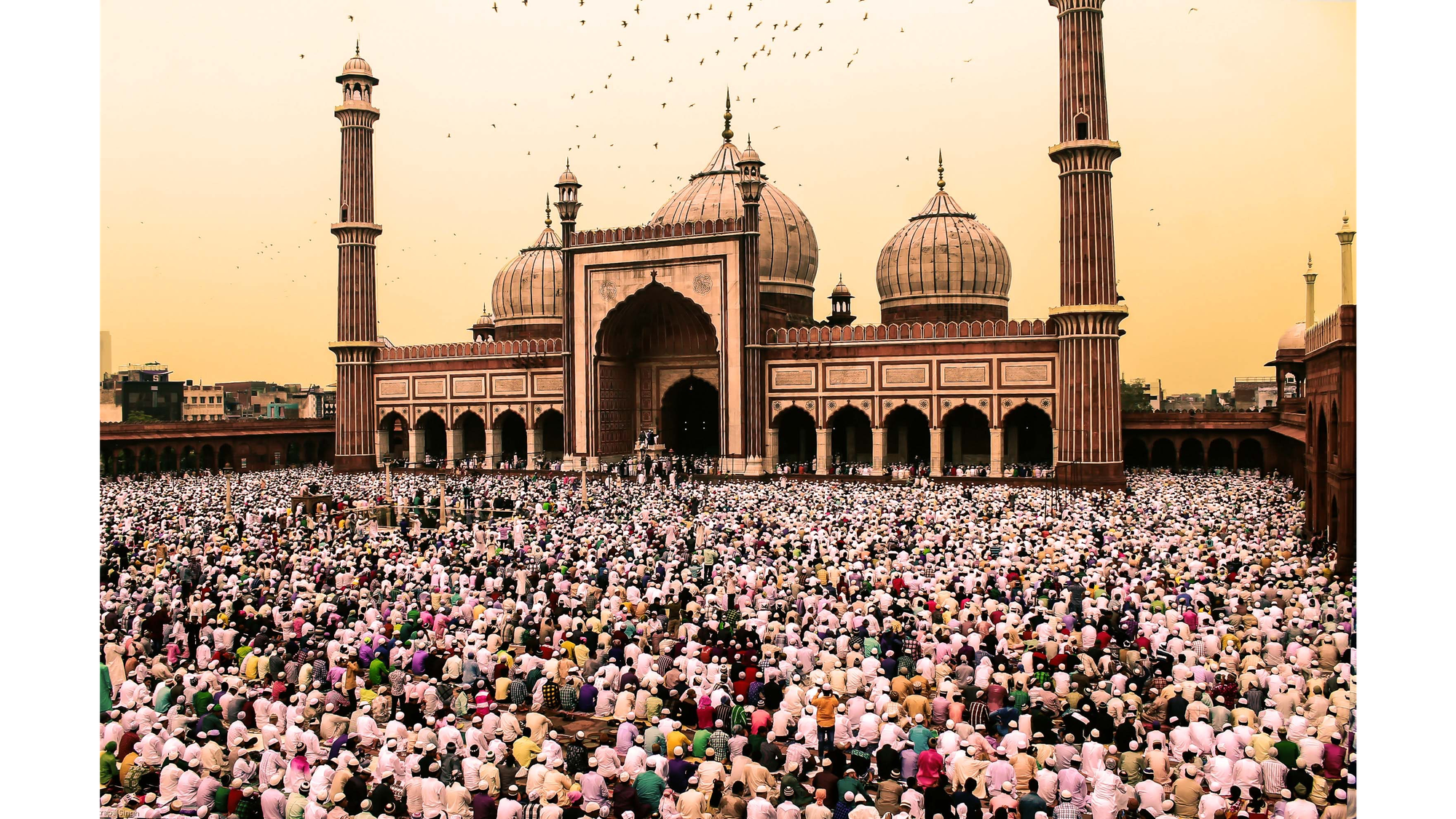Eid al-Fitr and Eid al-Adha are two of the most significant holidays for Muslim communities worldwide.
Canada, however, does not recognize them as national holidays. This puts into doubt the equality, freedom of religion, and inclusiveness of Canadian society.
The Canadian Charter of Rights and Freedoms guarantees freedom of religion to all Canadians. Yet, the majority of recognized holidays in Canada are based on Christianity, such as Christmas, Easter, and Good Friday.
This reflects the historical and cultural dominance of Christianity in Canada and the limited recognition of other religious groups.
Eid al-Fitr and Eid al-Adha are important holidays for the Muslim community, as they mark the end of Ramadan and the Hajj pilgrimage.
Ramadan is a month-long event where Muslims fast from sunrise to sunset, for the purpose of connecting with God, kicking bad habits, and being charitable. At the end of the month, Muslims celebrate Eid al-Fitr.
Eid al-Adha is deemed the bigger of the two Eids. This holiday commemorates Prophet Ibrahim’s act of obedience to God.
Muslims in Canada observe these holidays with congregational prayer, meals, and social gatherings.
With most workplaces and schools not recognizing them as official holidays, however, celebrations are often limited. Muslims of all ages in Canada are left to request their holidays off on their own.
This is especially an issue as the dates for Eid al-Fitr and Eid al-Adha change every year, making requesting time off complicated.
This leads to a sense of marginalization and exclusion for Canadian Muslims.
Recognizing Eid as a national holiday in Canada would promote inclusivity and diversity in Canadian society.
Most importantly, it would allow Muslims to celebrate their holidays with their families and communities, without fear of discrimination or reprisal.
Prime Minister Justin Trudeau said in a statement on Eid al-Fitr in 2022 that the festival is an opportunity to recognize Muslim Canadians’ contributions to the country.
“Diversity is one of our greatest strengths, and we will continue to take action to combat Islamophobia and hatred in all its forms, including by appointing a special representative to combat Islamophobia,” he said. “Together, we will keep building a better, fairer, and more inclusive world for everyone.”
Critics of making the two Eids national holidays in Canada may argue it would lead to too many days off, and bring extra costs to businesses and the economy.
Instead of giving days off to non-Christians for holidays which they do not recognize, giving Canadians the option to choose their religious days off would make more sense. For instance, people can work on Good Friday and Thanksgiving in exchange for taking Eid al-Fitr and Eid al-Adha off.
In Canada, Islam is the second most common religion, following Christianity, with Toronto and Montreal homing more than two-thirds of all Muslims.
According to Statistics Canada, the percentage of Muslims in Canada continues to rise, particularly in those two cities.
Keeping businesses open during Christian holidays is doable. Canadians choosing their religious days off would demonstrate Canada’s commitment to diversity and cultural understanding, and promote inclusivity, religious freedom, and equity.

